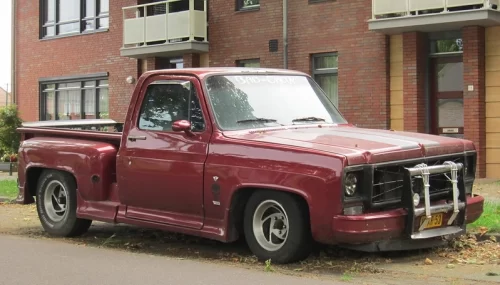
FAST FACTS Vol. 1, Issue 4 – 1978 Chevy Trucks – A Best Seller!
From 1978 thru 1983 saw Chevy sell over 1,310,000 models of this very popular, comfortable, and rugged truck. Engine options in 1978 for Chevy trucks

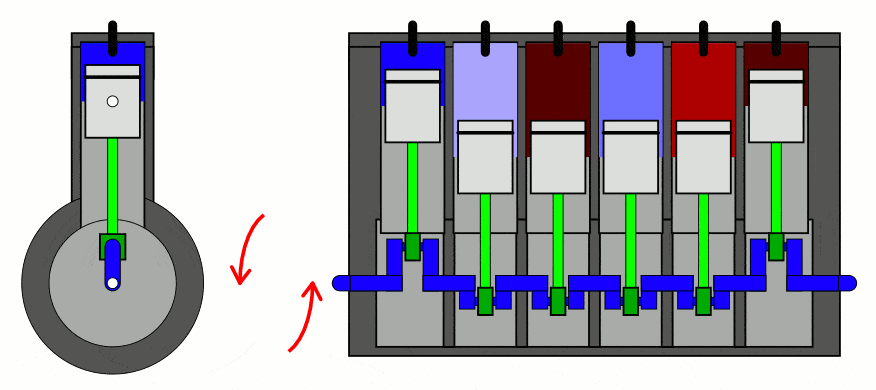
Hey there, car aficionados! If you’ve ever dabbled in the world of car repairs or you’re simply a Ford lover, you might’ve heard the term “firing order” come up once or twice. Understanding the firing order of your engine is not just geeky car trivia—it’s essential knowledge for anyone who’s serious about their ride. Here at Fraser Engines, we’re all about helping you get to know your engine better. So let’s get under the hood and break down the nitty-gritty of the firing order, especially focusing on the famed FORD 4.6L 3V Engine.
Related Article: Everything You Need To Know About The Ford Mustang Engine
Before we go into the firing order of Ford’s lineup of engines, let’s quickly cover what “firing order” means. In layman’s terms, the firing order refers to the sequence in which the spark plugs fire the cylinders. This ignition sequence directly affects the balance, smoothness, and performance of your engine. Get it wrong, and you’re looking at a whole lot of shaking, or even worse, engine damage.
In a bit more detail, your spark plug wires carry the spark from the distributor cap to your spark plugs and if those are not in good working order, the spark will jump onto the engine rather than the spark plug, creating a misfire.
Ford has been a key player in the driver’s side of the engine game for years, producing a variety of engines with different firing orders. For instance, older Ford V8 engines like the 289, 302, and the 351 have firing orders that usually look like 1-5-4-2-6-3-7-8. But let’s be honest; if you’re rocking one of these older models, you probably already have this etched in your mind.
Now, onto the star of the show—the FORD 4.6L 3V Engine. This bad boy is found in several Ford models and is revered for its balance between power and efficiency. It’s also fairly modern, benefiting from advancements in materials and engineering. The firing order for the 4.6L 3V engine is 1-3-7-2-6-5-4-8. This might not roll off the tongue as easily as your ABCs, but once you get it down, it’s second nature.
The FORD 4.6L 3V Engine, like any engine, needs a precise firing order for optimal performance. Following the correct firing order minimizes vibrations and maximizes the engine’s lifespan. Trust us, the last thing you want is to throw off your engine’s groove.
In a nutshell, a bad spark plug won’t necessarily “mess out” the firing order Ford engine, but it can certainly cause some noticeable issues with your vehicle’s performance. Let’s explore this further.
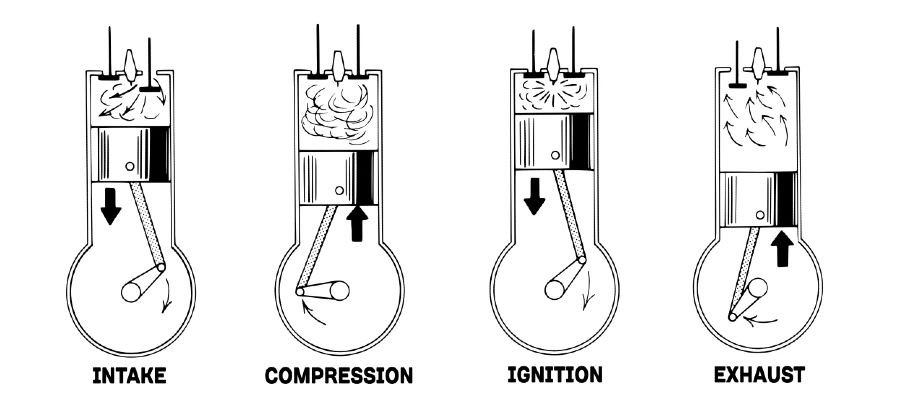
Bad spark plugs can manifest their evil ways in several manners:
Misfires:
One of the most common symptoms of bad spark plugs is engine misfires. If a spark plug isn’t generating an effective spark, the air-fuel mixture in that particular cylinder won’t ignite as it should, effectively causing a misfire. Though it won’t change the programmed firing order Ford motor, a misfiring cylinder can feel like the firing order has gone awry. You should be replacing spark plugs should fix this issue.
Poor Fuel Efficiency:
Your engine needs to work harder when spark plugs are failing, consuming more fuel in the process. So, if you notice you’re filling up the gas tank more often, it might be time to check those spark plugs.
Reduced Power:
Faulty spark plugs can reduce your engine’s overall power and responsiveness. When you hit the gas pedal, and the car doesn’t respond the way it usually does, you’ll know something’s off.
Vibrations and Engine Noise:
Bad spark plugs can lead to uneven engine vibrations, making the vehicle feel unstable. Again, it won’t mess up the firing order, but it could feel like it.
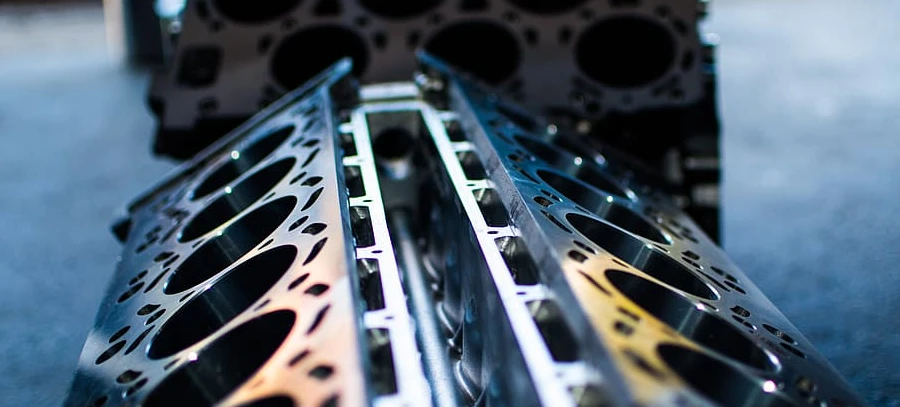
Now, back to the big question: Will bad spark plugs change the firing order? No, they won’t. The firing order is determined by the engine design and controlled by the engine control unit (ECU) or the ignition system. Bad spark plugs can’t change this programmed sequence, but they can make your engine perform as if the firing order has been messed up. It’s like playing a beautiful piano piece with a few keys out of tune—it just won’t sound right.
Ford has an impressive lineup of engines with varying firing orders. Below are some popular ones:
For these classic small-block V8 engines, the common firing order is 1-5-4-2-6-3-7-8.
The Windsor’s firing order is similar to the small-block V8s, but not identical. It follows 1-3-7-2-6-5-4-8.
Ford’s 351 Cleveland has a different firing sequence, coming in at 1-3-7-4-2-6-5-7-8.
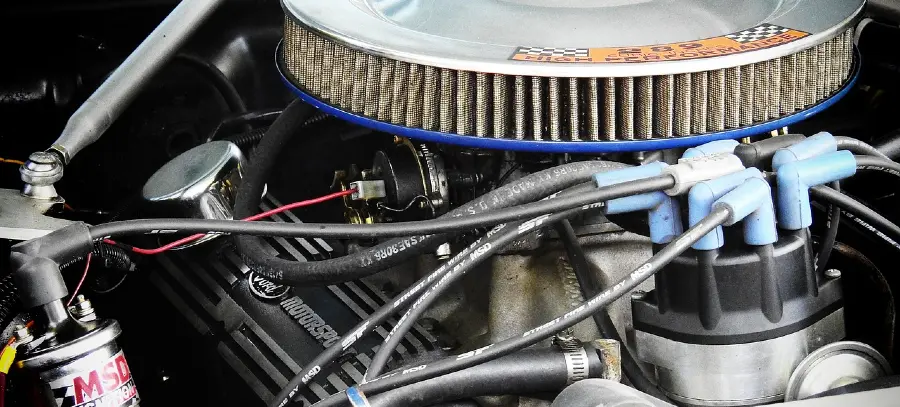
For those who appreciate the simplicity and durability of an inline-6, the firing order is 1-5-3-6-2-4.
These modern turbocharged engines have varying firing orders depending on the model. For example, the 3.5L V6 EcoBoost follows 1-4-2-5-3-6.
For heavy-duty truck owners, the 7.3L Power Stroke Diesel V8 has a firing order of 1-2-7-3-4-5-6-8.
These engines usually have a firing order of 1-3-7-2-6-5-4-8, similar to the 4.6L 3V.
Remember, always double-check with your owner’s manual or a reliable source when dealing with firing orders. While this information is usually consistent, there are exceptions to every rule.
The firing order is more than just a sequence of numbers; it’s a symphony of internal combustion that makes your Ford perform at its best. Whether you’re packing an old-school V8 or a modern EcoBoost, knowing this simple but crucial detail can help you diagnose issues and even improve performance.
Whether you’re a Ford enthusiast or someone who’s just dipping their toes into the car world, Fraser Engines is your go-to place for all engine and transmission needs. We don’t just sell remanufactured engines; we’re a treasure trove of knowledge and expertise that we’re always eager to share with our customers.
So next time you pop open the hood, just remember—Fraser Engines has got your back, especially when it comes to understanding your engine better, be it the classic Ford engines or the modern marvels like the FORD 4.6L 3V Engine.
Till then, keep revving those engines and drive safe, folks!

From 1978 thru 1983 saw Chevy sell over 1,310,000 models of this very popular, comfortable, and rugged truck. Engine options in 1978 for Chevy trucks
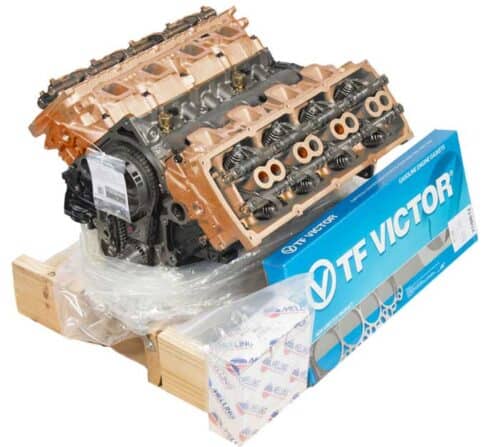
Issue 38 • Engine & Transmission Tips This is the Mopar 5.7L HEMI Magnum V-8 engine specifically remanufactured for Chrysler, Dodge, Jeep, and RAM vehicles
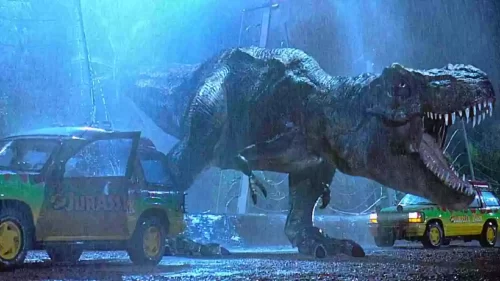
The 1992 Ford Explorer XLT Debuted In Jurassic Park Legendary. Not for its engine, but for its paint job! To be honest, the Ford Explorer
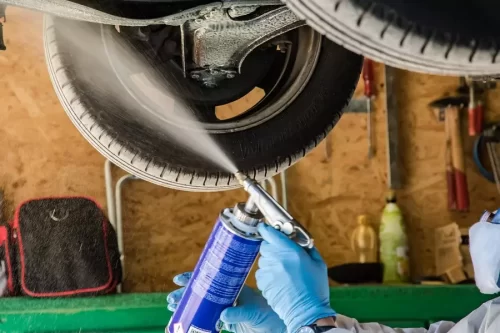
Issue 31 • Engine & Transmission Tips Undercoating your vehicle. Is it worth it? And, can you do it yourself? If you have a new

Hello there, truck enthusiasts and Ford loyalists! Fraser Engines here, ready to dive into the world of trucks that embody the American spirit—the Ford Super
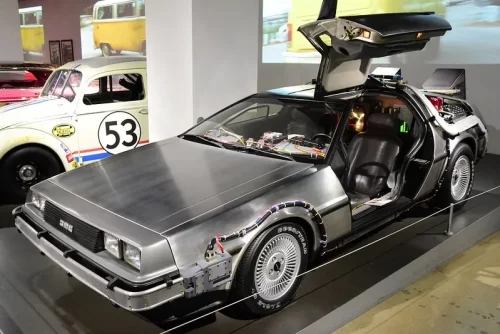
The 88-mile-per-hour stainless-steel hero of the Back To The Future movies How a movie franchise single-handedly etched DeLorean into the history book of cool cars